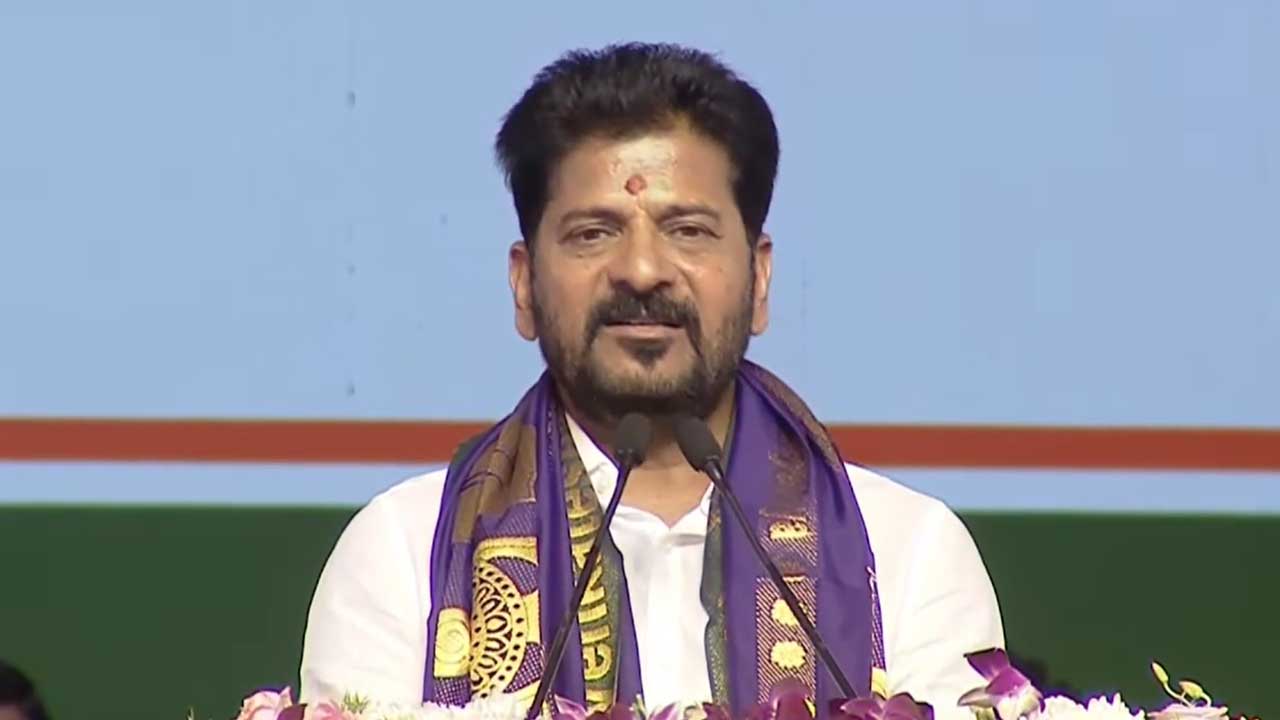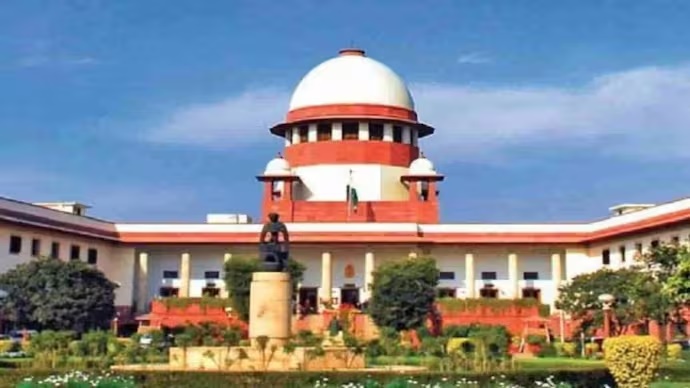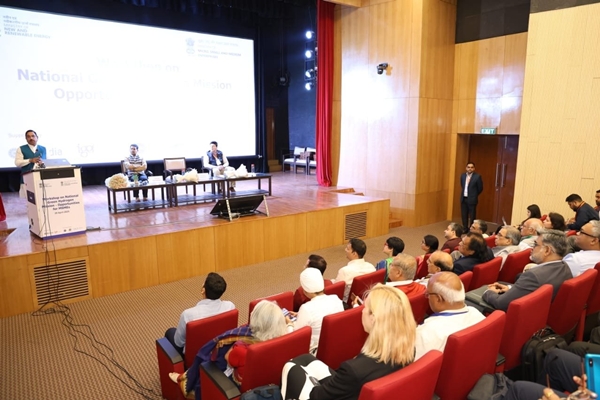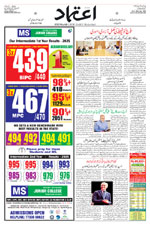Rain extremities may increase in Hyderabad: Scientists
Mon 14 Nov 2016, 12:16:31
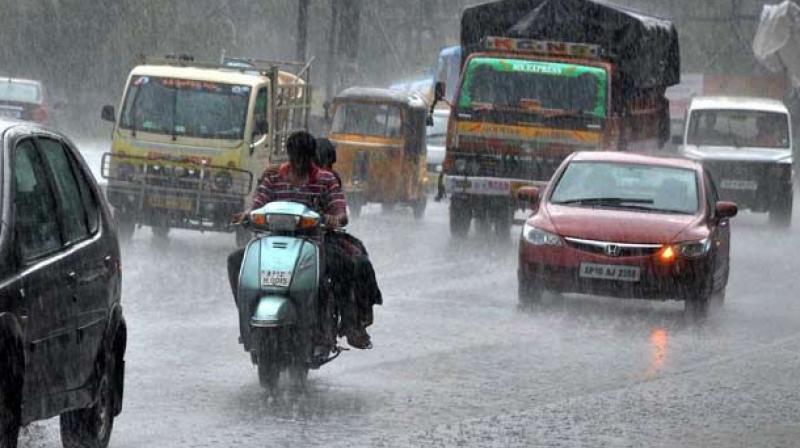
Rain extremities may increase in the coming years in Hyderabad, a city that, as of now, does not seem to be fully prepared to deal with such scenarios, environmental scientists have warned.
Environment Protection Training and Research Institute’s director general B Kalyan Chakravarthy said that in the last two decades, the city has been witnessing erratic rainfall behaviour.The events of high intensity rainfall are on the rise. In the year 2000, 23 events were observed with 20mm/hr rainfall, in 2005 these events increased to 28 and in 2008 they further rose to 36. Events of even higher intensity i.E. 40 mm/hr also show a similar exponential increase in Hyderabad, he said.
“While the trends of high intensity rainfall are on the rise, the drainage system of the city is designed to cater to a maximum rainfall intensity of 12mm/hr. This leads to severe flash floods in the city causing loss of property.“Unfortunately, lakes which serve as natural flood management mechanism in the city are also under pressure of urbanisation, encroached, silted or not functional,” he said.
Hyderabad witnessed pounding rains recently causing havoc in some parts that also exposed inadequacies of civic agencies and government in quickly meeting such eventualities.Based on the data available with Pune-based Indian Institute of Tropical Meteorology (IITM), and research conducted by EPTRI, a nodal agency on Climate Change for the state of Telangana, senior EPTRI scientist J Sesha Srinivas told PTI here that while rainfall is projected to be more or less the same from 2020 to 2050 compared to the previous decades, the “rain extremities” (uneven rainfall) might increase.
Chakravarthy also said the climate model projections prepared by EPTRI in association with IITM predicted an average temperature increase of 1.17 degree Celsius for the Hyderabad region for the period 2020 to 2050.
Srinivas said
the mean annual temperature for Hyderabad was 26.7 degree Celsius during the observed period (1971-2010). Analysis showed an increasing trend in the temperature for this area. An increase of 0.016 degree Celsius/year is observed during this period.
the mean annual temperature for Hyderabad was 26.7 degree Celsius during the observed period (1971-2010). Analysis showed an increasing trend in the temperature for this area. An increase of 0.016 degree Celsius/year is observed during this period.
“…It is important to identify if climate change will aggravate water issues by changing drought characteristics at a regional level. Therefore it is important to note that future warming may aggravate water scarcity and air conditioning /cooling demand at a local level,” Srinivas and Dhanya Praveen, another scientist working at EPTRI, said in their research paper presented recently.Chakravarthy said EPTRI has prepared a state action plan on climate change for Telangana, where it had also been conducting capacity building workshops for government departments and accessing funds for various projects under climate change adaptation and mitigation.
He also said that EPTRI has prepared a Project Concept Note (PCN) on increasing climatic resilience of urban water management of Hyderabad and submitted to Ministry of Environment, Forests & Climate Change (MoEF & CC) through NABARD for funding from Green Climate Fund (GCF).
“The PCN has been accepted by the ministry and Detailed Project Report (DPR) is under preparation. If the project is approved, 20 per cent of sewage water will be recycled, flood control measures and drinking water availability will be better addressed,” he said adding EPTRI would be preparing state-specific action plan for water sector in Telangana.
Srinivas said EPTRI is in the process of making its climate change centre into a “knowledge portal” so that all such data, including those relating to government’s flagship programmes like Mission Kakatiya and Bhagiratha and Haritha Haram Haram – which are also in a way climate change mitigation and adaptation initiatives – are put together.
No Comments For This Post, Be first to write a Comment.
Most viewed from Hyderabad
Most viewed from World
AIMIM News
Latest Urdu News
Most Viewed
May 26, 2020
Which Cricket team will win the IPL 2025 trophy?
Latest Videos View All
Like Us
Home
About Us
Advertise With Us
All Polls
Epaper Archives
Privacy Policy
Contact Us
Download Etemaad App
© 2025 Etemaad Daily News, All Rights Reserved.

.jpg)
.jpg)
.jpg)
.jpg)
.jpg)
.jpg)
.jpg)
.jpg)




.jpg)
.jpg)
.jpg)
.jpg)
.jpg)
.jpg)
.jpg)
.jpg)
